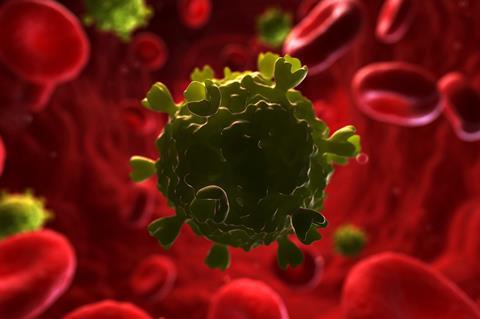By Susan Murphy – Mayo Clinic
Chimeric antigen receptor-T cell therapy (CAR-T cell therapy) — a type of immunotherapy that reprograms a patient’s T cells to recognize and destroy cancer cells — has revolutionized the treatment of blood cancers. While the technique has successfully sent patients with advanced disease into remission, it is far from perfect. CAR-T cell therapy has three main problems that Mayo is seeking to address to bring the full potential of this promising treatment to patients, says Saad Kenderian, M.B., Ch.B., a hematologist and oncologist with Mayo Clinic’s Center for Individualized Medicine and Center for Regenerative Biotherapeutics.
The first problem is toxicity. In amping up the immune system to fight cancer, the technique can unleash a torrent of pro-inflammatory cytokines known as a “cytokine storm” that can be toxic to the brain, and lead to headache, confusion and delirium, among other neural changes. Fortunately, these changes are usually reversible.




